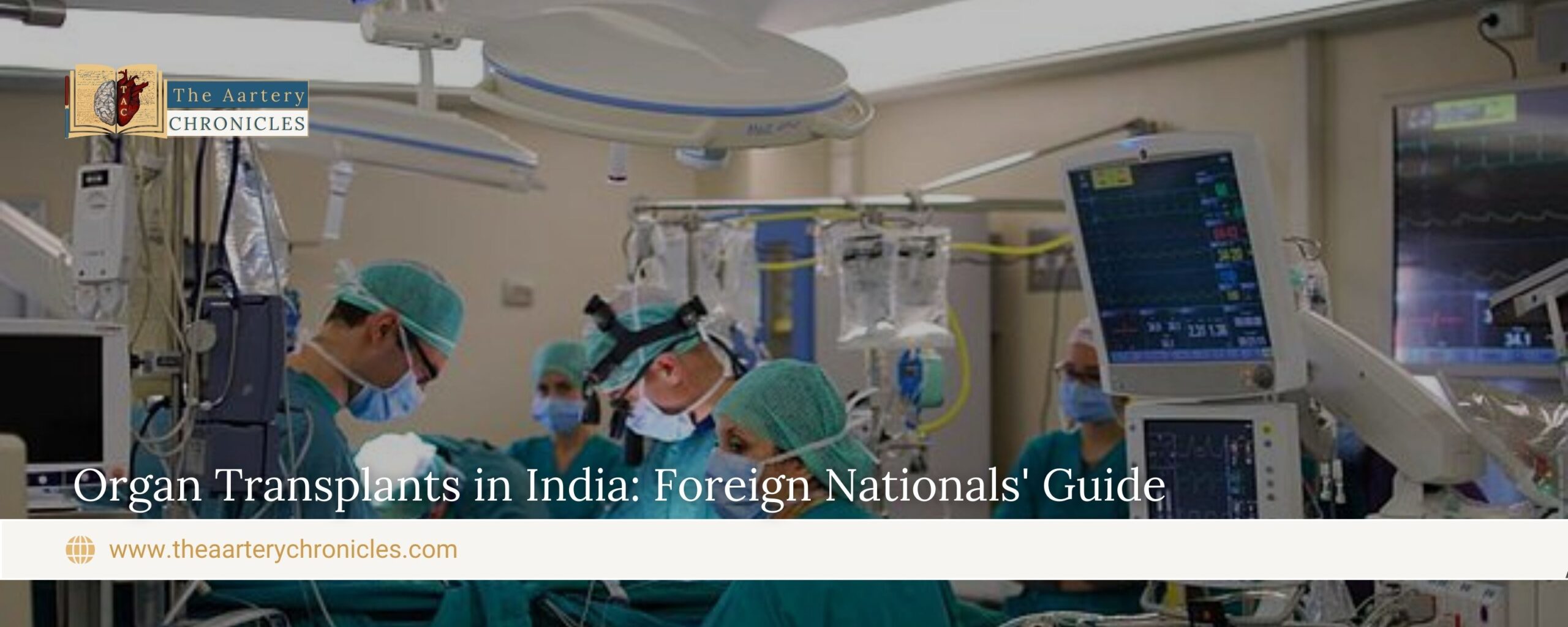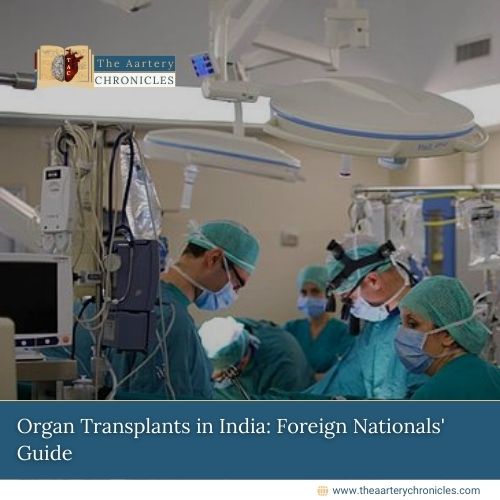
Organ Transplants in India: Foreign Nationals' Guide
The Union Health Ministry has urged the Ministries of External Affairs and Home Affairs to inform foreign nationals visiting India for organ transplants about the specific guidelines and legal requirements that regulate the process. This step is aimed at ensuring that foreign visitors are well-informed about the procedures and regulations governing organ transplantation in the country.
Need for Awareness
In a letter dated June 19, Union Health Secretary Apurva Chandra highlighted India’s status as a leading destination for organ transplants due to its world-class health facilities and highly skilled medical professionals. Chandra emphasized the importance of foreign nationals understanding the legalities involved in organ transplantation in India.
Communication and Sensitization
To facilitate this awareness, the Ministry of Health has prepared scroll messages and creative content to be displayed on various platforms. The Health Secretary requested that these messages be disseminated through the websites and portals of the Bureau of Immigration, Ministry of Home Affairs, Ministry of External Affairs, and Indian embassies and missions abroad. Chandra stressed the need for personal attention from the concerned authorities to ensure extensive circulation of these messages.
Key Guidelines
The scroll messages outline several important guidelines for foreign nationals:
- Prior Approval: When either the donor or recipient is a foreign national, prior approval from the authorization committee is required before any organ or tissue transplant can take place.
- Donor Restrictions: Indian living donors are not permitted to donate organs to foreign recipients unless they are near relatives.
- Certification of Relationship: The relationship between the donor and recipient must be certified by a senior official of the embassy of the donor’s country of origin in India, as per Form 21. If the donor’s country does not have an embassy in India, the government of that country must issue the certification in the same format.
- Deceased Donor Registration: Foreign patients needing organs from deceased donors can seek registration in India through their treating hospitals. Their names will be added to the waiting list registry, but organs will only be allocated to foreign patients if no Indian patient is available to receive them.
Monitoring and Compliance
Dr. Atul Goel, Director General of Health Services, has previously urged all states and Union Territories to regularly collect and share data on all transplant cases, including those involving foreign nationals, with the National Organ and Tissue Transplant Organisation (NOTTO) every month. Dr. Goel also called for monitoring and investigating any violations, with appropriate actions, including the suspension of registrations for hospitals involved in illegal activities.
Conclusion
The Union Health Ministry’s initiative aims to ensure that foreign nationals seeking organ transplants in India are well-informed and that the process adheres to the country’s legal and ethical standards. This effort is part of a broader commitment to maintaining transparency and integrity in India’s organ transplantation system.
Source: Inputs from various media Sources










